-
×
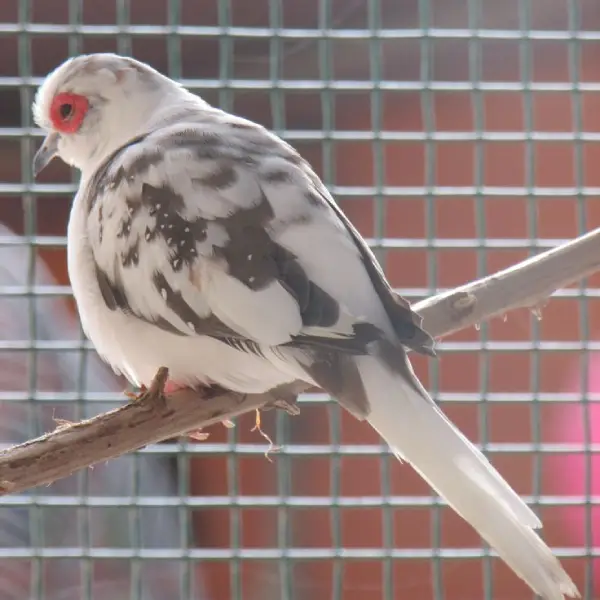 Diamond Pied Dove
1 × ₨ 5,000
Diamond Pied Dove
1 × ₨ 5,000 -
×
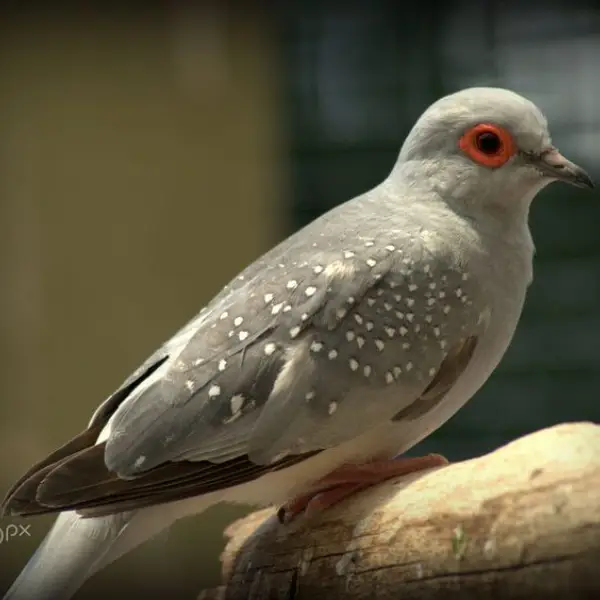 White-tailed Dove
4 × ₨ 1,000
White-tailed Dove
4 × ₨ 1,000 -
×
 Euro Bengalese
3 × ₨ 3,000
Euro Bengalese
3 × ₨ 3,000 -
×
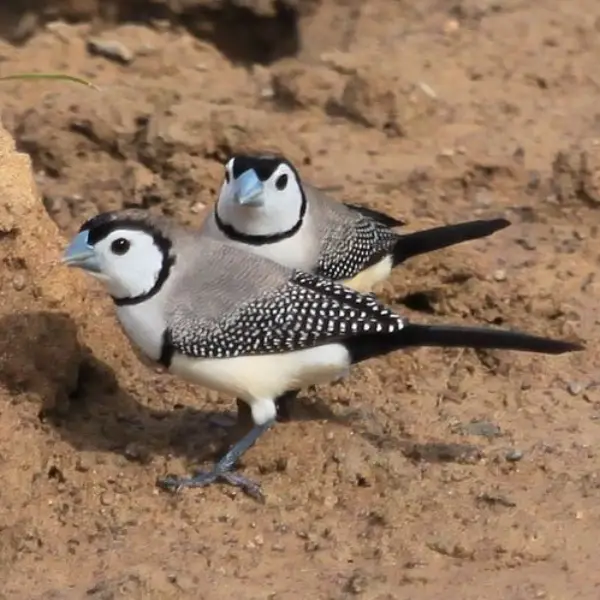 Owl Finch
2 × ₨ 16,000
Owl Finch
2 × ₨ 16,000 -
×
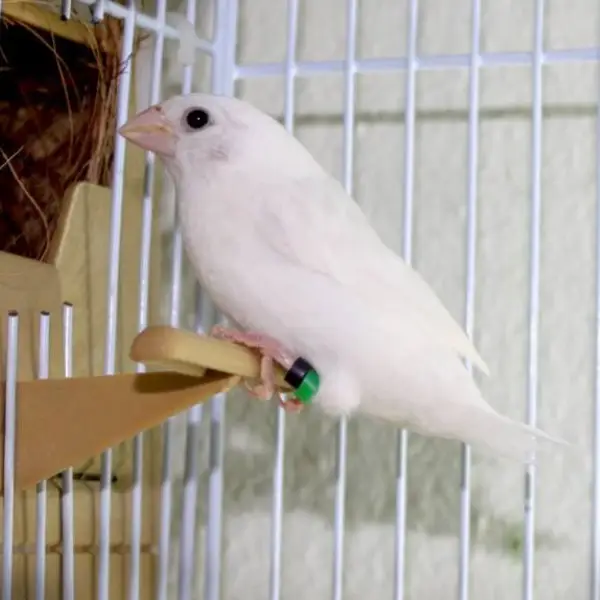 White Bengalese
2 × ₨ 1,500
White Bengalese
2 × ₨ 1,500 -
×
 Sulphur Cockatoo
2 × ₨ 450,000
Sulphur Cockatoo
2 × ₨ 450,000 -
×
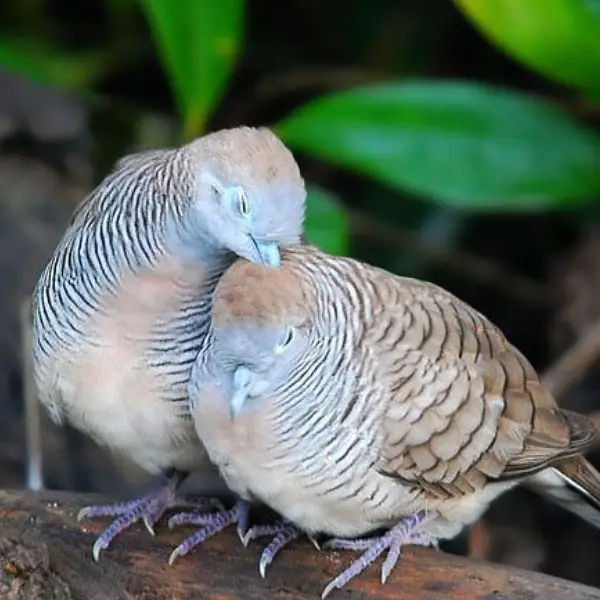 Zebra Dove
2 × ₨ 15,000
Zebra Dove
2 × ₨ 15,000 -
×
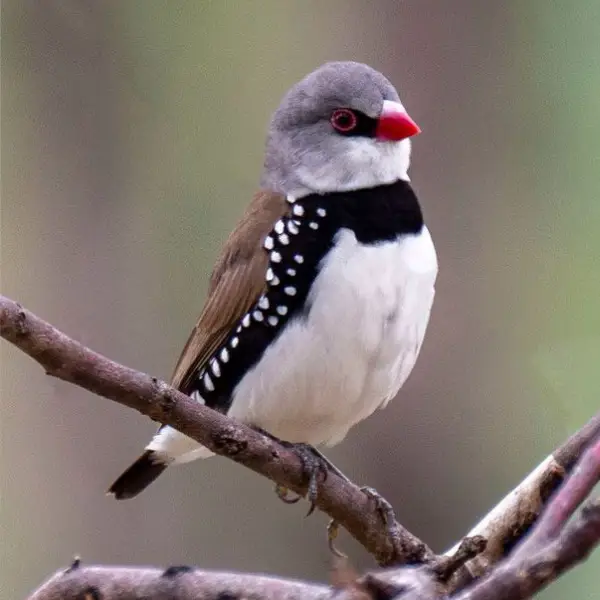 Gray Diamond Firetail Finch
1 × ₨ 20,000
Gray Diamond Firetail Finch
1 × ₨ 20,000 -
×
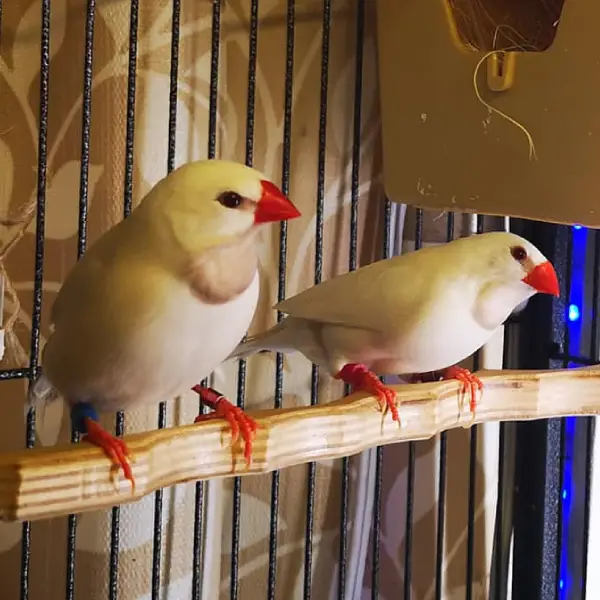 Albino Shaft Tail
1 × ₨ 20,000
Albino Shaft Tail
1 × ₨ 20,000 -
×
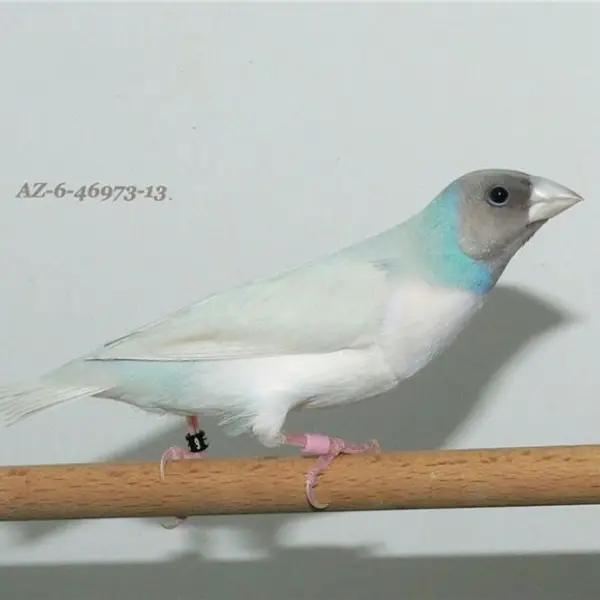 Silver Gouldian Finch
1 × ₨ 18,000
Silver Gouldian Finch
1 × ₨ 18,000 -
×
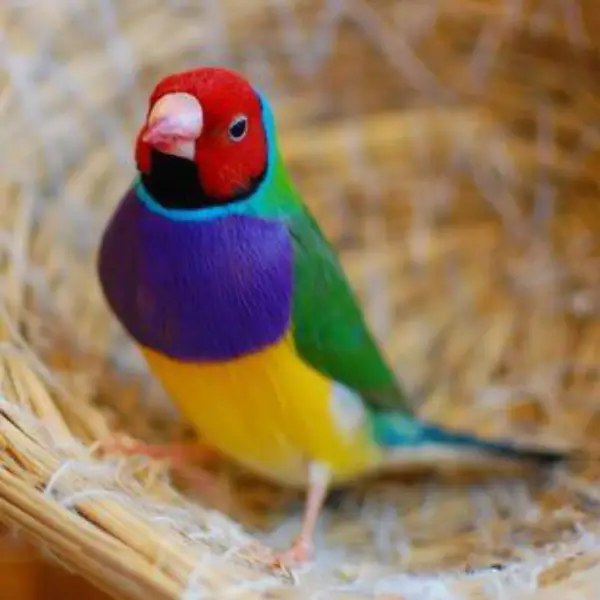 Common Gouldian Finch
1 × ₨ 10,000
Common Gouldian Finch
1 × ₨ 10,000 -
×
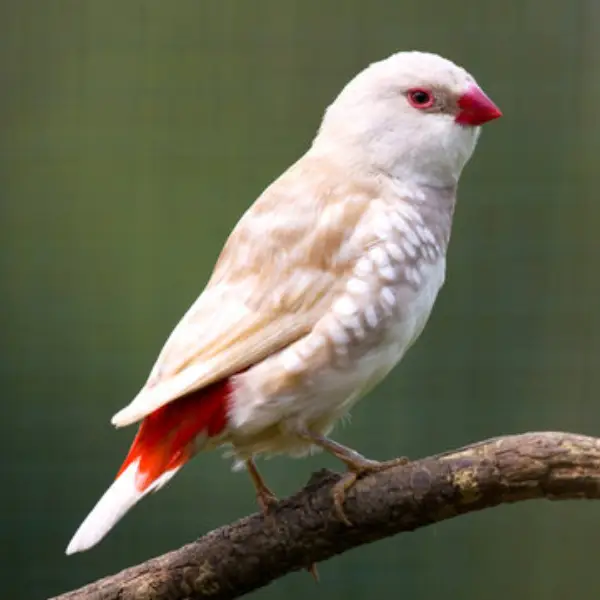 Silver Diamond Firetail Finch
1 × ₨ 25,000
Silver Diamond Firetail Finch
1 × ₨ 25,000 -
×
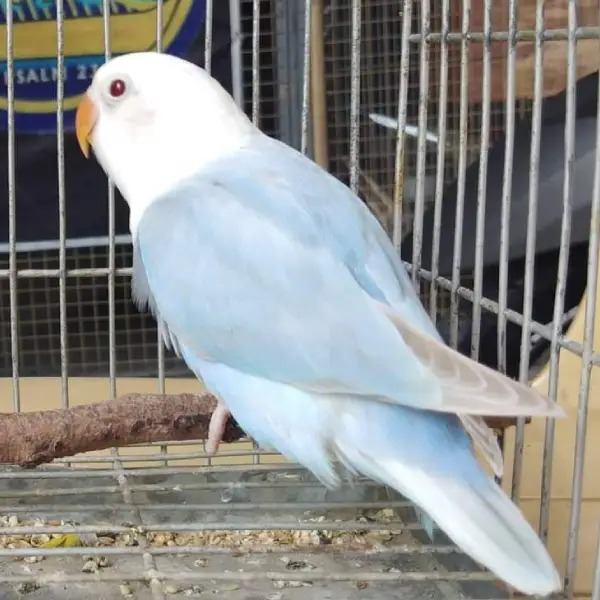 Blue Opaline Pale Fellow
1 × ₨ 30,000
Blue Opaline Pale Fellow
1 × ₨ 30,000 -
×
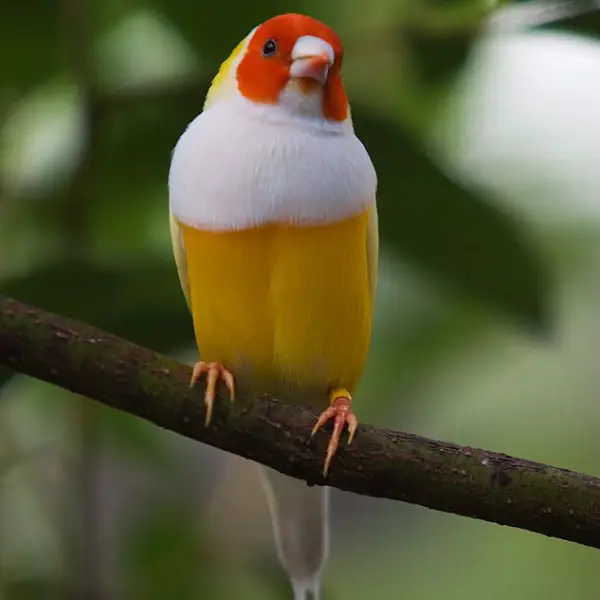 Lotino Gouldian Finch
1 × ₨ 12,000
Lotino Gouldian Finch
1 × ₨ 12,000
Subtotal: ₨ 1,118,000
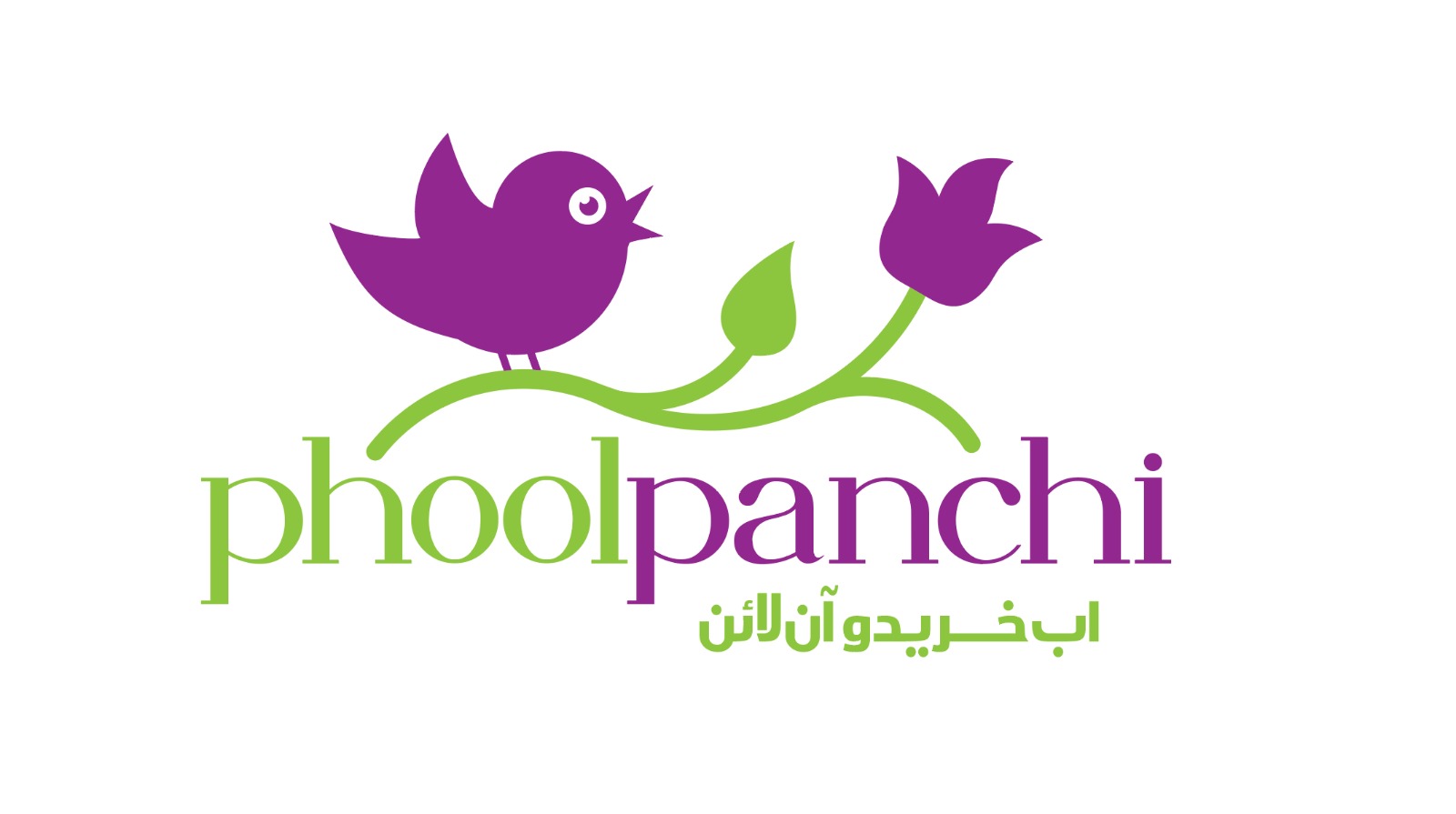






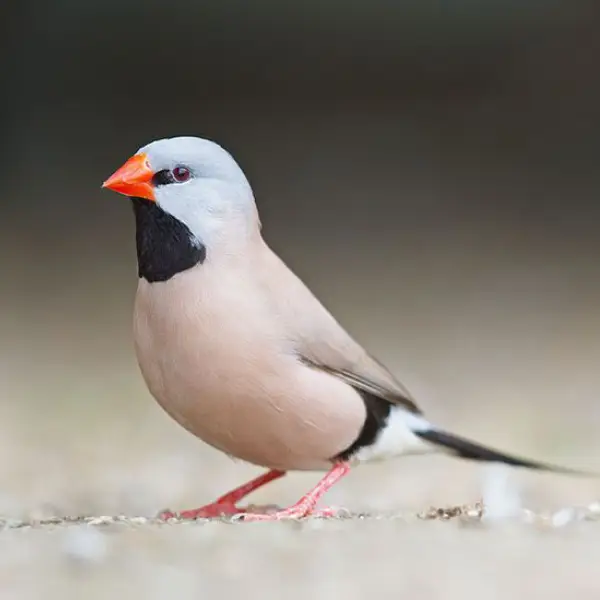
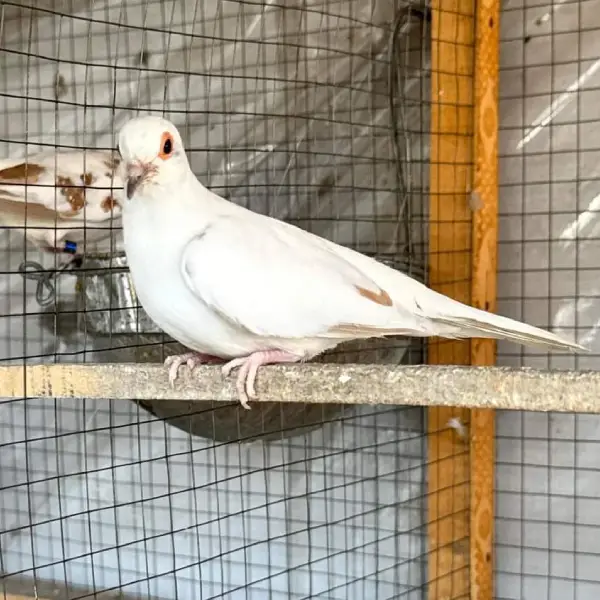
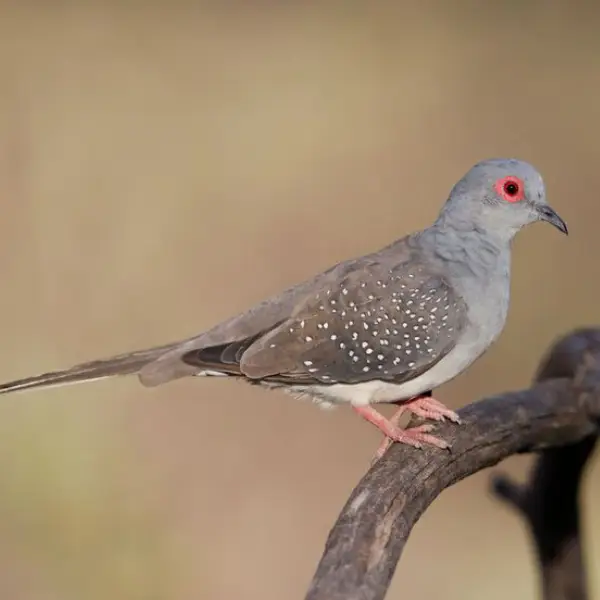
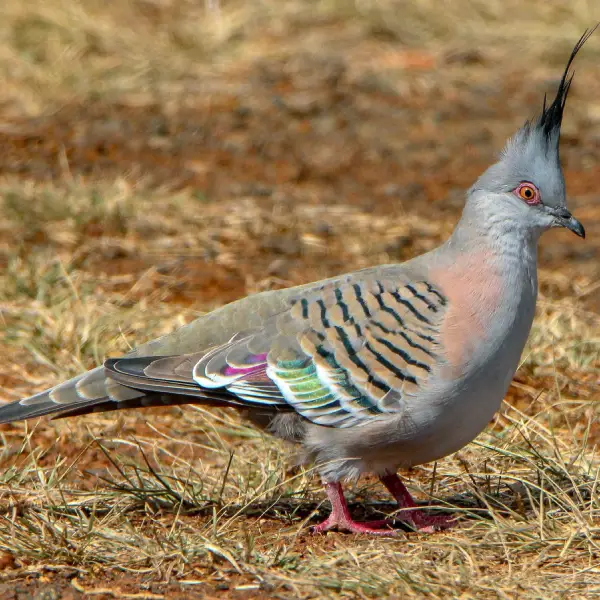
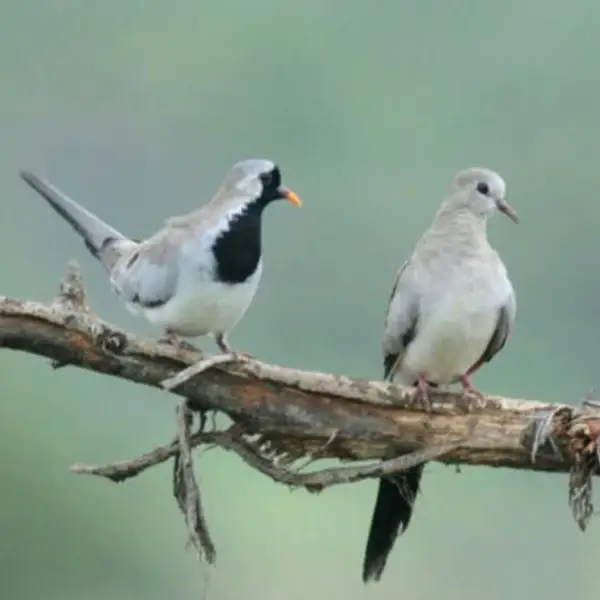
Reviews
There are no reviews yet.